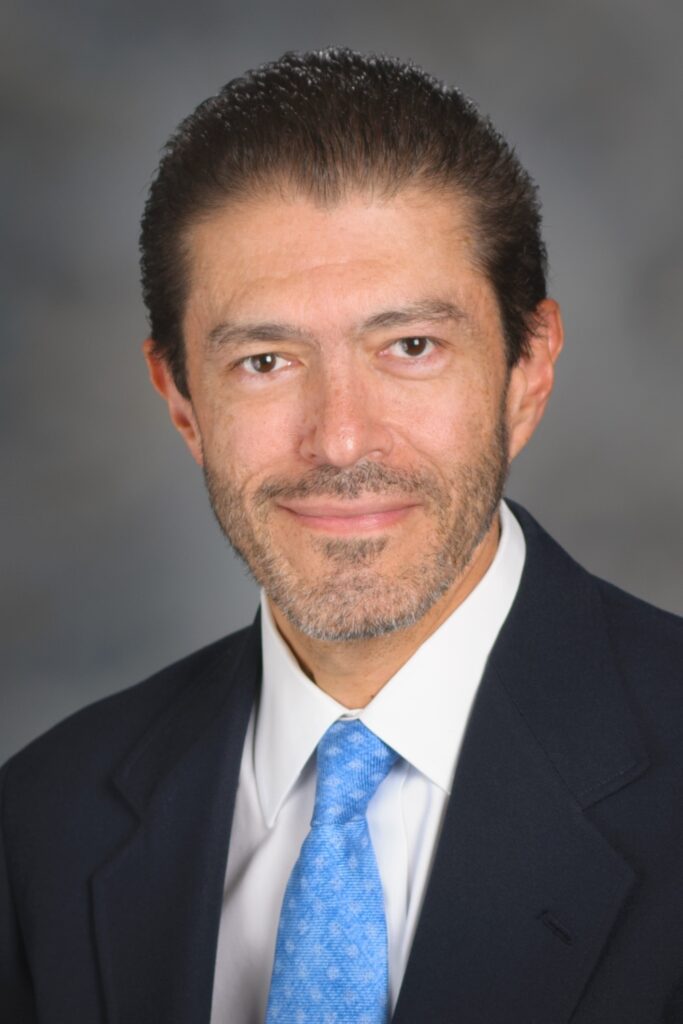Cancer used to be a death sentence for most people, but advances in research and medicine are making many forms of the disease survivable.
Memes circulate constantly on social media accusing the healthcare industry of cow-towing to pharmaceutical companies looking to make a buck off of cancer patients by treating symptoms, rather than attempting to cure the disease.
Dr. Jorge Cortes begs to differ, stating that while the Georgia Cancer Center at Augusta University does treat cancer patients in its clinics, the primary focus of the center is research and providing community awareness on how to prevent the devastating illness or discover it in time while it is still treatable.
“The biggest reason that cancer treatment becomes so expensive for most people is because they wait to seek treatment and do not practice prevention. It costs far more money to keep someone alive for six months at a time using drug therapy because the cancer was not detected in time,” Cortes said.

The biggest tasks of the employees and students working in the M. Bert Story Research Lab is studying cancer epidemiology, that is, focusing on the biological origins along with the pathological and clinical aspects of the disease.
Knowing one’s family history, according to Cortes, is a key for physicians to know where to look and discover possible cancers.
According to Cortes, discovering cancer is sometimes like an archeologist in a giant field trying to locate the remnants of a small building. In such instances, old maps generally provide a good indication of where the building may lay, making digging up the entire field unnecessary.
“We know that many forms of cancer are inherited in human genes; therefore, a person’s family medical history is a major indicator of what cancer might be hiding under the surface,” Cortes said.
As part of the community outreach program, the Georgia Cancer Center offers tons of information on diet and nutrition that can help the body fight off carcinogens and avoid costly treatment down the road.
While everyone knows that quitting smoking drastically reduces susceptibility to cancer, other lifestyle choices, such as how much time a person spends working or recreating under full sunlight can affect overall body health and lead to cancer.
Cortes says that being proactive when it comes to cancer screenings is another main factor in determining whether the patient will experience a remission or a recovery, rather than be forced into a treatment program that attempts to slow the spread of the disease and prolong life.
Colorectal cancer used to be one of the most prevalent and deadly of cancers; but, over time, that cancer is no longer a death sentence if caught early before a local tumor is able to spread its toxins into the lymph system. The Georgia Cancer Center advises that all persons, male and female, receive their first colonoscopy at the age of 45.
While the prospects of a colonoscopy might not seem to be a particularly enjoyable experience, it is relatively painless and can be conducted in a clinic on an out-patient basis.
For most, a colonoscopy screening is done within minutes and the patient is back up and walking just fine within an hour.
For women, breast cancer screenings are a bit more uncomfortable; but, according to the National Library of Medicine, women who have regular mammography screenings have a “statistically 41% reduction in their risk of dying of breast cancer within 10 years.”
Scott Hudson is the Senior Investigative Reporter and Editorial Page Editor for The Augusta Press. Reach him at scott@theaugustapress.com










